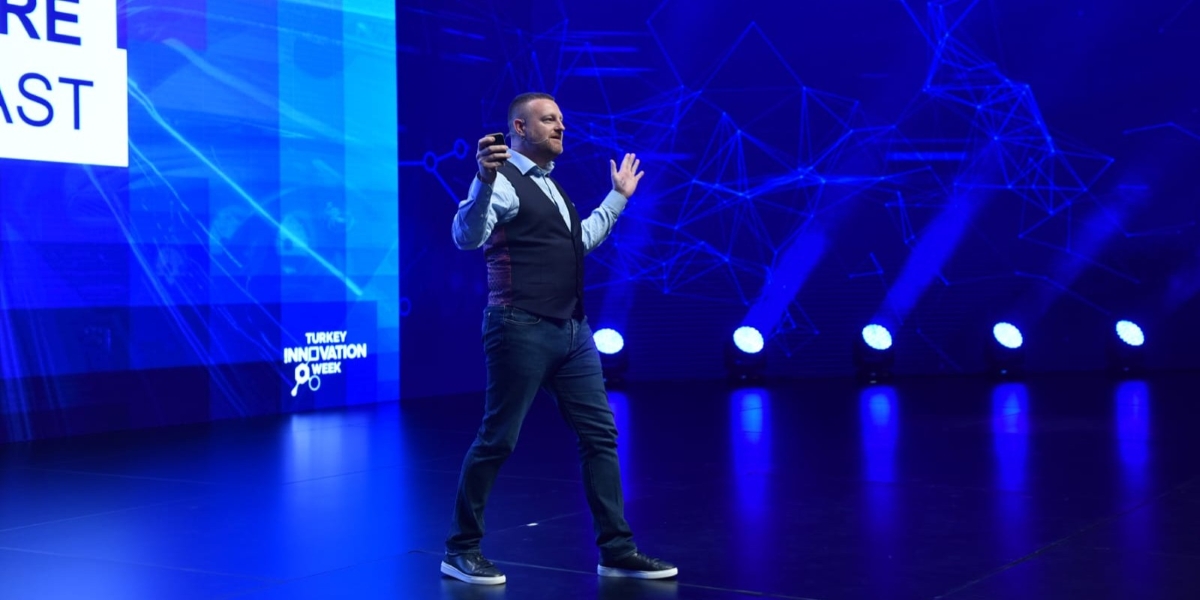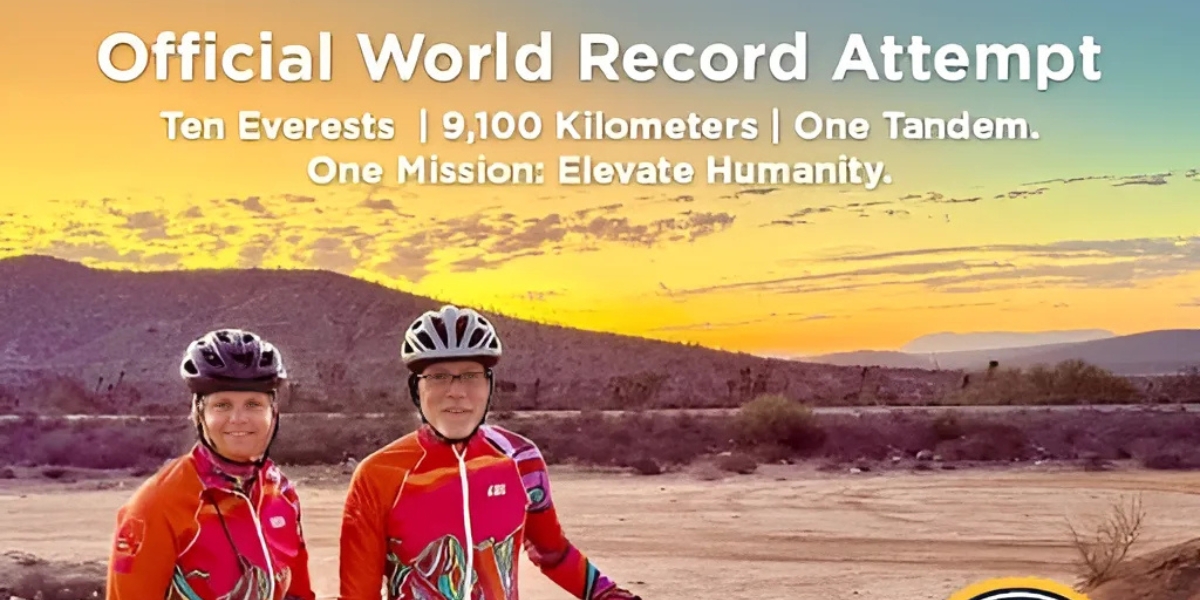By: Raphael Korobka
In today’s article, we dive into the deep end with Nik Badkundri, self-monikered The Performance Architect. We discuss the tangible difference between winning and losing, all things performance and Nik’s vision for the future of performance psychology.
The competitive nature of sports is such that 95% of the individuals who start to play sport never make it to the top. Some battle with doubt regarding the adequacy of their preparations compared to their competitors, some stay stuck at the same level for years, whilst there are others who suffer from a myriad of performance-related issues, almost every time.
This is where Nik’s work comes in. In his words, “If you are playing sport at the highest level and do not have the discernible difference of the mental edge, then you are going to be stuck at that level for years together.” He does not leave much room for interpretation. His work in the area is a testament to that.
In his view, when one is an amateur – the world of sport demands fine-tuning the skills related to that sport. However, as you step up to be a semi-professional or professional, the playing field is level, as everyone has the same skills. The ones who get to the top and stay at the top are the ones who have mastered the six inches between their ears ie. their mind.
How it all began
Nik’s journey developed in ways he could never have anticipated some 20 years ago. When he too was a young and upcoming athlete, going for his biggest break yet. He cracked under the pressure, like many do. Sport was everything to him, yet after a couple of incidents, he had to give up the sport he loved playing so much.
One thing led to another, and that crippled him, going from being someone who was jovial to being around, laughing, and helping others at the drop of a hat to being a recluse, angry, and frustrated, eventually affecting his life in multiple ways.
Life had other plans for him, though, when he moved countries, relocating to the Australian shores to start afresh. To much of his dismay, much of the feelings he thought he had left behind followed him Down Under. He felt the same anxiety of not being good enough, a failure, or simply not belonging. All the issues he experienced when he gave up the sport started to surface back up into his new life.
This sparked a curiosity to understand the subtle intricacies of how we perceive things, how we make sense of them, and how our adult sense-making paradigms are really set in childhood, but we just have not had a chance to update them.
As he delved deeper into the world of psychology, he became increasingly fascinated by the intersection of mind and body in the context of athletic performance. All of which ultimately propelled him toward a career in helping athletes with the “mental side of the game”.
Drawing inspiration from his own experiences as a former amateur athlete and his deep understanding of human behavior, Nik has embarked on a mission to revolutionize the way athletes approach performance.
The framework
Central to Nik’s approach to performance psychology is his own curated framework of Awareness, Acceptance, and Integration – a groundbreaking methodology that seeks to empower athletes by helping them cultivate a deeper understanding of themselves and their innermost thoughts and emotions.
The first step speaks to being aware of what is actually happening for the athlete. He says, “one cannot be aware in the presence of judgment. Once there is awareness, the second step is to ask yourself the question: is there anything you could have done differently and are you okay with the outcome as it stands right now?”
“This is a tough question as 99% fall into the cycle of berating themselves as they could have done things differently. This introduces judgment and results in them being “stuck,” which is the pattern we want to break,” Nik highlights. The last part is integration of the experience, i.e., how do we make sense of what has happened?
At the core of Nik’s framework lies the trifecta that every athlete grapples with. He terms them as the three core tenancies: insecurity, inadequacy, and scarcity.
- Insecurity says – I am not good enough to be here.
- Inadequacy echoes – I am never going to measure up.
- Scarcity feels – There is not enough success to go around.
These insidious voices, rooted in fear and self-doubt, often serve as barriers to success, holding athletes back from reaching their full potential. By addressing these underlying issues head-on, he empowers athletes to break free from the shackles of negativity and self-limiting beliefs, paving the way for transformative growth and unparalleled success in the top 5% of their sport. According to him, It all boils down to this – THIS is that “discernable difference” between the 5% elite performers in sport and the remaining 95%.
Nik’s framework in practice
To illustrate the transformative power of his framework, Nikhil shares the inspiring story of Toni (name changed to maintain client confidentiality), a talented young gymnast he worked with who was struggling with self-doubt, pressure, and performance anxiety.
Despite their undeniable talent and dedication, Toni found themselves plagued by insecurity, constantly questioning their worth and abilities. Through his work, he helped them understand self-worth is inherent and never changes – only our conversation about it does, along with shifting them to be the storyteller in their story rather than the actor in the story.
The key as Nik points out was for Toni to understand the frame (sense making paradigm) within which they had performed all these years and whilst the frame did serve a purpose to date; for them to transition to the next level, that frame needed to change.
By changing the frame, not only did Toni’s performance soar, but they won the very competition where they were placed in the bottom three, the previous year. They were ecstatic, it’s been an onwards and upwards journey for them from there on. They have achieved far greater heights since. That renewed sense of self they found also percolated to other areas of their life.
As Nik explains, “My goal was to empower Toni to see what I saw in them already.” He goes on to say, “It’s simple really, in my mind, there are three distinct stages, Awareness, Acceptance and Integration; once the person is fully aware, they can take 100% responsibility ie. they are the only ones responsible for the result – the other two just happen after. The key is to hold space for someone till they are able to integrate it completely.”
The way forward
Nik believes that visualization and manifestation, widely used in sports and performance today, become ineffective when athletes experience insecurity, inadequacy, or scarcity. Although this approach has been widely adopted, it needs to catch up in overcoming psychological barriers that inhibit the achievement of high-performing athletes.
Toni could have visualized and manifested their success as much as they wanted. However, it would also require them to believe something about themselves that they know is not true – that is where the old approach fails.
“Internal obstacles hinder athletes from fully harnessing their potential and attaining the desired level of achievement. Overcoming these hurdles is the most crucial step to a successful and sustainable career in professional sports,” he says and also concludes, “It’s these same internal obstacles hampering the ability to hit the winning forehand, perform at the best when the stakes are high or make the shot when there is only a millisecond on the buzzer. Show up and perform when it matters the most!”.
Nik has demonstrated a remarkable track record and frameworks that address the underlying causes of performance inconsistency. That is evident through his proprietary work on the “Six Distinct Stages” of an athlete’s career, highlighting where 95% of the athletes are stuck.
The future of performance psychology
As Nik looks to the future, he envisions a world where every athlete has access to the tools and support they need to thrive mentally, emotionally, and physically. He wants athletes to adopt the framework and see their performance soar.
Nik is paving the way for a new era of performance psychology, to the extent that he has given himself the moniker – The Performance Architect. He says, “Everyone wants the finished masterpiece (the win, the trophy, being the best the game has seen and more). For that to happen, it’s critical to get the base design and foundations right (the inner workings – mental, emotional and physical). You need to break everything down, start from scratch, a clean slate, then build up – akin to the work of an Architect. That is where the magic happens. I can see it clearly for the individual I am working with; now it’s just a question of them leaning into the process.”
As he continues to push the boundaries of traditional sport and performance psychology, Nik’s work serves as a beacon of hope and inspiration for athletes around the world. By challenging the status quo and embracing new methodologies, he aims to usher in a new era of performance enhancement – one that promises to redefine the very essence of athletic success.
Through his tireless dedication and unwavering commitment to excellence, Nik Badkundri is not just transforming the way athletes perform, but the way they live.
Want to work with Nik?
Nik’s Comprehensive Foundations Program is specifically designed for athletes and sports team coaches. It offers personalized one-on-one support to help them achieve optimal performance.
“By week three, most start seeing an improvement in performance, and by the end, a performance uplift of 10-20% from the initial baseline is guaranteed, which for most is the difference between second place and WINNING,” Nik emphatically points out.
For athletes or sports team coaches willing to unlock their hidden potential, follow Nik on the dizzy heights of Instagram or reach him from here directly to work with him.
Published by: Holy Minoza








